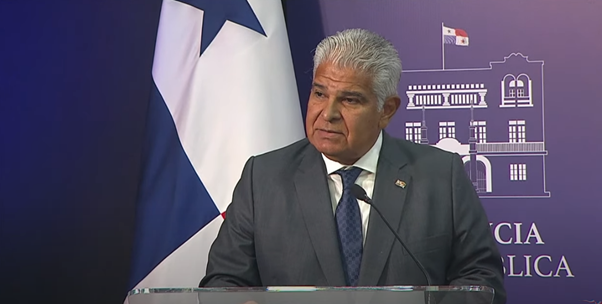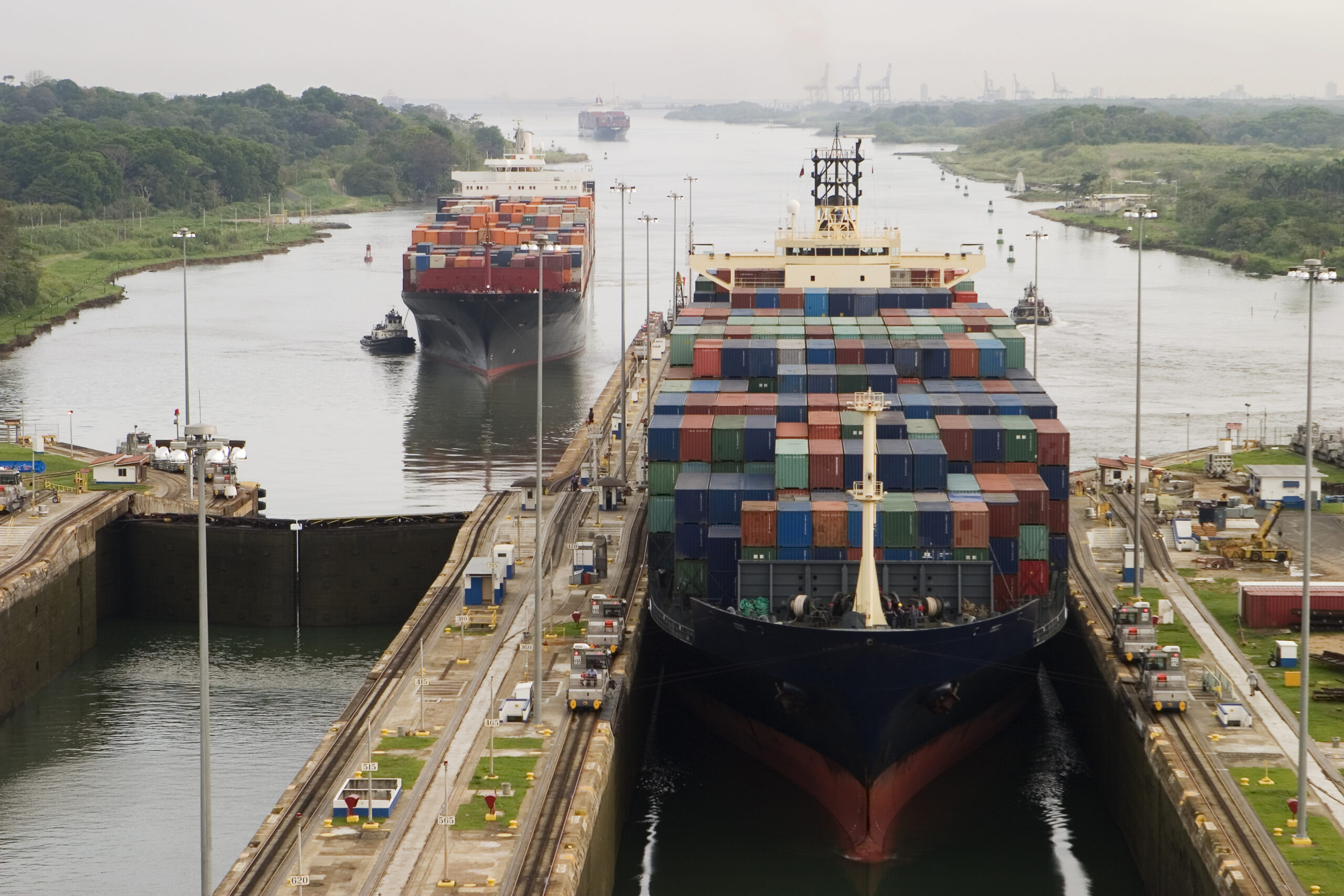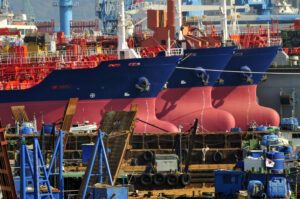
Panamanian President José Raúl Mulino / Image via press conference of ministry of the Presidency of Panama.
Panama and the United States have agreed to reestablish and enhance joint US-Panama military training centers and security force cooperation, a move that US Defense Secretary Pete Hegseth claims is critical to pushing back against China’s growing influence in the region.
Additionally, the US department of defense said in the press release posted last week that it has secured ‘First and Free’ canal passage for US military vessels, in adherence to the Treaty Concerning the Permanent Neutrality and Operation of the Panama Canal.
In a press release posted last Thursday on X, the Panama Canal Authority confirmed that both sides signed a joint declaration that reaffirms Panamanian sovereignty and outlines new cooperation.
The deal “reaffirms respect for, and the recognition of, Panamanian sovereignty over the interoceanic waterway,” the Canal Authority stated.
“The era of capitulating to coercion by the communist Chinese is over,” Hegseth said while delivering prepared remarks last week.
“[China’s] growing and adversarial control of strategic land and critical infrastructure in this hemisphere cannot and will not stand,” he added.
Despite the growing cooperation, Panamanian President José Raúl Mulino has publicly denied that China controls the canal.
To remind, in a Christmas Day message Trump wished a merry Christmas to “the wonderful soldiers of China, who are lovingly, but illegally, operating the Panama Canal” and “making certain that the United States puts in Billions of Dollars in ‘repair’ money, but will have absolutely nothing to say about anything.”
Trump has also said he did not want the Panama Canal “falling into the wrong hands” and specifically cited China.
But Mulino refused the accusation in a press conference, saying there is no truth to the claim Chinese soldiers are operating the canal.
Mulino said that there is “absolutely no Chinese interference.”
Hegseth, who has been recently in Panama City for a three-day security conference with the host nation, made the expanded partnership announcement during a joint press conference with Panamanian Public Security Minister Frank Abrego.
“The Panama Canal is key terrain that must be secured by Panama, with America, and not China,” Hegseth said.
He added that, just prior to the news conference, the U.S. and Panama signed a memorandum of understanding related to cooperative security activities in the region and that the signing of an additional declaration related to the security and operation of the Panama Canal would be forthcoming.
That declaration, Hegseth said, would provide a framework for U.S. warships and auxiliary ships to travel “first and free” through the canal.
“These documents reaffirm [the U.S. and Panama’s] historic ties and outline how we will deepen our relationship and strengthen bilateral canal security cooperation,” Hegseth said.
He added that the signed MOU would pave the way for an increased level of joint training exercises between the two countries and improve overall interoperability between both nations’ military forces by reestablishing a rotational joint presence at a handful of previously operational U.S. military installations.
Hegseth said the expanded security relationship between the two countries would also include information sharing, enhanced cyber cooperation, bilateral security dialogues and canal infrastructure improvements.
When asked whether the U.S. still recognizes Panama’s sovereignty over the canal, Hegseth said that protecting Panamanian sovereignty from maligned influences in the region is essential.
“When President [Donald J.] Trump says, ‘We’re taking back the Panama Canal from Chinese influence,’ that involves partnership with the United States,” Hegseth said, adding that the U.S. is grateful that Panama has welcomed American troops onto Panamanian soil through the joint rotational exercise invitation.
“And that’s what you’ll see in the memorandum of understanding: it’s an opportunity to revive … locations where U.S. troops can work with Panamanian troops to enhance capabilities and cooperate in a rotational way,” he said.



